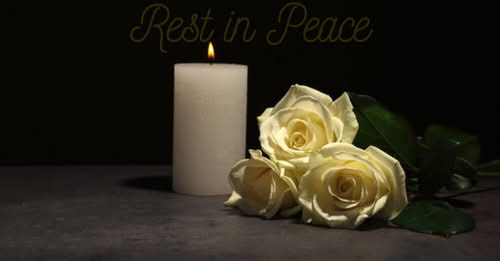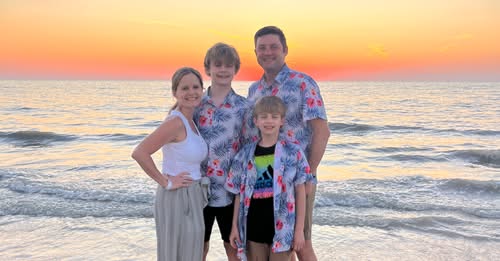The quiet neighborhood of Seattle was shattered by a horrific act that has left the community in disbelief. A 15-year-old boy stands accused of killing his parents and three siblings in what authorities describe as a meticulously planned massacre. His story, however, reveals a life steeped in isolation, extreme religious beliefs, and alleged abuse—factors that paint a disturbing picture of a troubled mind pushed to the brink. As details emerge, the heartbreaking reality is that this tragedy was the result of years of confinement and psychological torment that no child should endure. The community now grapples with questions about how such a young life could be pushed to such a horrifying act, and the deep wounds left in its wake.
A Life of Isolation and Extremism
According to court documents and interviews, the teen was raised under a rigid, militant survivalist ideology, kept away from most social interactions and the outside world. His parents, Mark and Sarah Humiston, reportedly immersed their children in an environment driven by extreme religious beliefs and government paranoia. The family was homeschooled, and their entire lifestyle was tightly controlled, with a focus on survivalist principles and a suspicion of medical professionals and government institutions. Neighbors and extended family described the children as socially isolated, only associating with a few church families and remaining cut off from broader social contact. Such extreme restrictions created an environment of psychological confinement, which, according to the teen’s lawyer, led to feelings of helplessness, fear, and anger. The allegations also include abuse within the home, with reports of demeaning treatment from the mother, Sarah, and warnings from her own mother about the abuse. These revelations underscore the tragic consequences of such totalitarian control and unaddressed trauma, which may have played a key role in the teen’s actions.
The Horrific Crime and Its Aftermath
On October 2024, in the early morning hours, the teen allegedly carried out a calculated attack, shooting his family members—his parents, brother Benjamin, 13, and sister Katheryn, 7—before returning to check their pulses. His 11-year-old sister survived by playing dead after he shot her in the neck and hand, slipping out a window to seek help. In a disturbing twist, the teen called 911 and falsely claimed that his brother, Benjamin, had killed everyone and then taken his own life over inappropriate material viewed the night before. Additionally, he staged the scene to implicate his deceased brother, even placing a gun in Benjamin’s hand. The boy now faces serious charges, including five counts of first-degree murder and one count of attempted murder. His story raises profound questions about the influence of extreme beliefs and isolation on young minds, and the tragic consequences that can arise when a child is deprived of normal development and social connection. As mental health experts and investigators delve deeper into his motives and background, the community mourns the loss of innocent lives and seeks answers to how such a devastating event could unfold. This heartbreaking case reminds us of the importance of safeguarding children from environments of extreme isolation and abuse before irreparable harm occurs.




